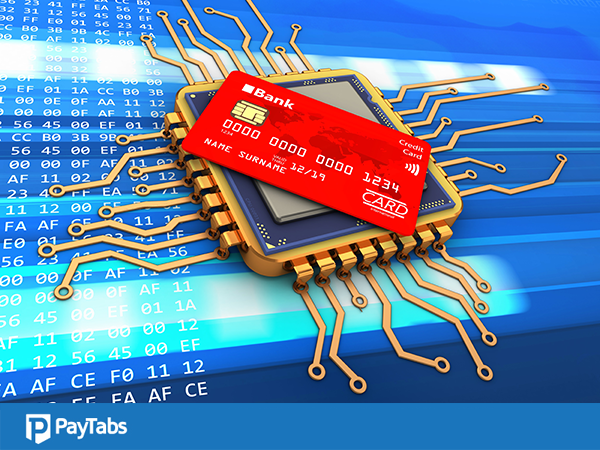The Questions to Ask Before Evaluating Payment Processors
Posted on

The journey of entrepreneurship is not easy. Your day starts with a fresh challenge and most of your time is spent clearing obstacles. In the meantime, you are unable to pay attention to the small details that might be critical for your business if not taken care of. Choosing a payment processor in a hurry is one mistake that may cost you dearly in future.
Take a pause before you zero in to select a payment processor.
Don’t get swayed by the sweet talks of the sales guy. Ask questions that will help you choose the right payment partner for your eCommerce business or physical store.
Always keep your objectives in mind and projected data ready, when you start asking questions.
As a business, your business model, priorities, and strategy can be different from other businesses. So, a processor that works for your neighbor or a friend may not work for you.
To help you with this, we have created a list of things you should check before you give a nod to a payment processor:
Additional fee charged
Processors normally charge a transaction fee, but some of them can also charge an additional fee in the name of a regulatory fee, some monthly fee, compliance or statement fee, etc.
These are charged upfront, but if the cumulative fees cross $200 per year for physical stores and $300 per year for E-Commerce retailers, it’s a red flag. Remember, there are additional service charges associated with the online shopping cart already.
Connectivity or speed of payment
This is a big issue as most of the payment processors use a software known as authorize.net. This software connects your shopping cart with the processor, but in some countries, they use some proprietary software, which may or may not work with your shopping cart and this may lead to connectivity issues. So, make sure that you are able to receive the payment from day one.
User experience
User experience should be good for both the merchant and the payer. The processor should offer robust customer support so that the merchant can handle different issues quickly and resolve the technical issues as well. As far as payer is concerned, payment process should be easy and convenient.
Deterrence against risk
If you are running a business where frauds are frequent, you should partner with a processor which offers excellent risk management capabilities. As the business grows, the probability of fraud also increases, so be proactive.
Share in payment processing fee
E-Commerce companies also get a small share of revenue from the fee that the processor charges for processing payments. This might be small in individual transactions, but when the transactions multiply with sales growth, this can become a big source of revenue.
Robust customer support
Make sure that you partner with a processor that offers robust customer support. They must take care of their clients and respond to their emails and phone calls instantly with a positive mindset.
Feature-rich processor
Sophisticated processors come with several exciting features that enable excellent services being offered to merchants such as “push to debit” solutions so that they can get access to their cash quickly.
Data analysis
Some advanced and sophisticated processors offer data analysis facilities, where in the merchants can see the data and analyze it themselves. It is beneficial from different angles and these features can be used by merchants for monitoring and understanding data for decision making.
Finally, make sure that your processor is known for offering excellent customer support. Check reviews and word of mouth recommendations. All of the above points are important. Analyze your business needs, keep your projections ready and engage in some straight talk.
One right question may alter your destiny for good.
